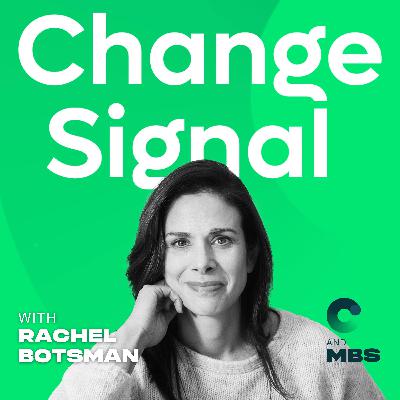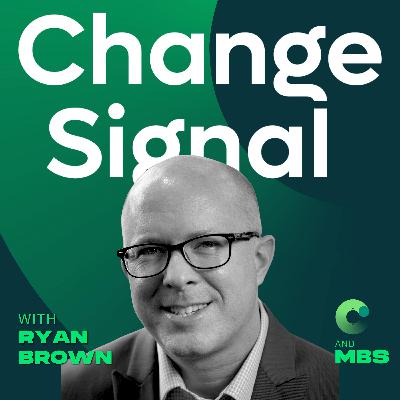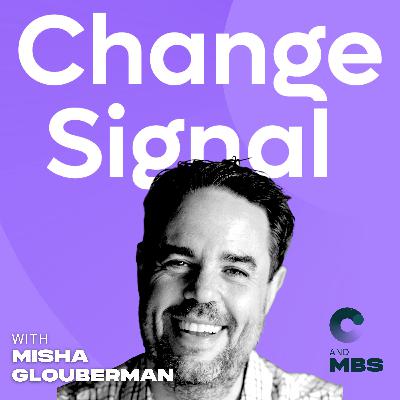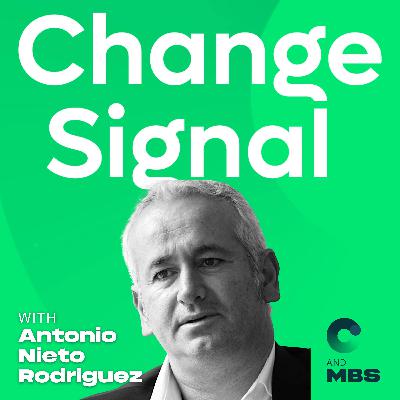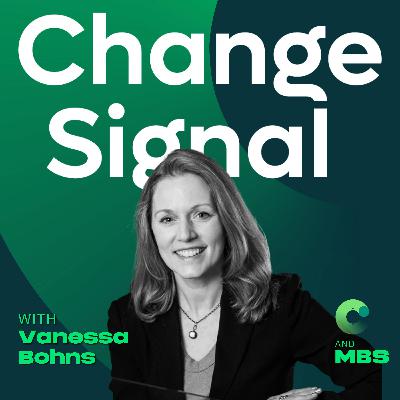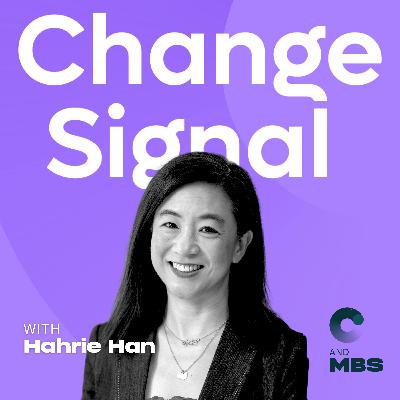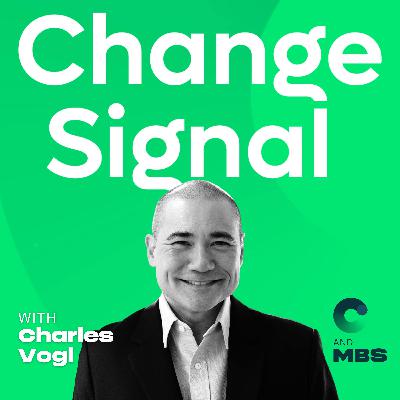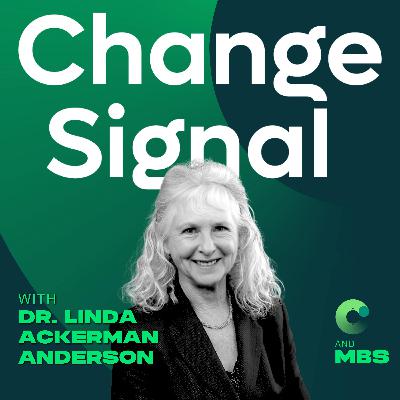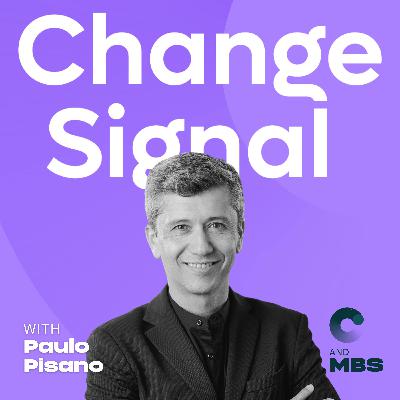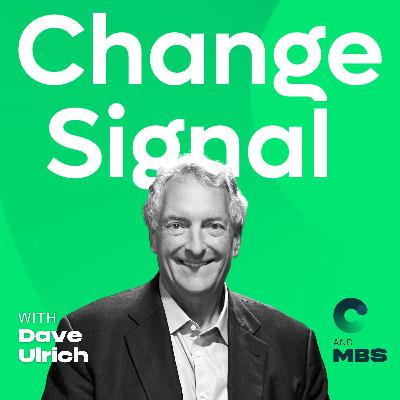
Change Signal
Author: Michael Bungay Stanier
Subscribed: 57Played: 1,615Description
If you’re leading change in organizations, this will be your favourite podcast.
Change is harder than ever. Transformation is more complex, unpredictable and overwhelming than it’s ever been. Change Signal cuts through the noise to find the good stuff that works.
Michael Bungay Stanier, author of The Coaching Habit and organizational transformation student for thirty years, talks to the best thinkers, senior leaders, and experienced practitioners in the world of change, to find what works, what doesn’t, and what to try instead. With Change Signal as your guide, you’ll be more efficient and less overwhelmed, and your change projects will more likely succeed.
Change Signal: Where we cut through the blather, the BS, and the noise to find the good stuff that works.
Sign up for weekly updates at TheChangeSignal.com











